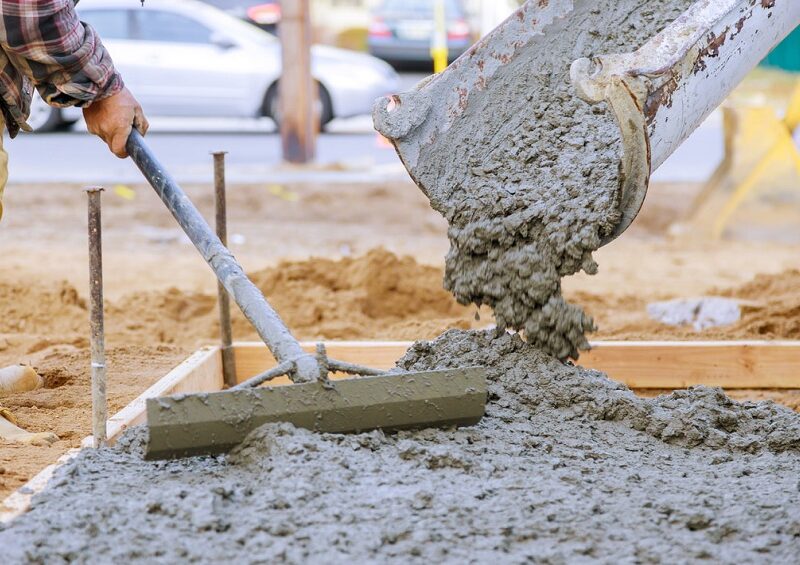Concrete is a substance that has been around for a long time and has served as the basis for all manner of construction projects. Concrete is what made it possible for humanity to build bigger and to create the infrastructure that, to put it simply, has made the modern world possible. But then, this is nothing surprising. What might be more surprising is that concrete is an incredibly versatile material and has many more applications than most would initially expect. But when you think about it, this is not actually that surprising at all; how many distinct concrete structures do you see every day? Exactly.
What is Concrete?
Even though all of us see concrete every single day. Significantly fewer of us fully understand what it is. It is worth setting out precisely what its composition is and how it can be varied for the countless applications that concrete has.
Concrete makes use of something called aggregate, which is a crushed material (usually rock or sand). The consistency of this aggregate can vary widely, from course stones to finer material. A great benefit of concrete aggregate is that it is nearly always composed entirely of natural materials. This means concrete, despite its uses in all sorts of very “man made” (and sometime unsightly) structures, is actually an entirely environmentally friendly material. This is the great benefit concrete has over asphalt paving, which contains a crude oil-derived substance known as bitumen.
But concrete isn’t just the aggregate. To make concrete, this needs to be mixed with a binder, which, in the case of concrete, is cement. This binds all the rock and sand together in a sludgy mix which later sets hard. Parking Lot Pros, concrete paving experts out of Dallas, use cements and aggregates of different compositions and consistencies and it is this versatility that makes concrete suitable for all manner of surprising applications. Let’s get on to them now.
Unusual Applications of Concrete
Phone Cases
A company in Korea has recently developed a concrete phone case.Concrete, depending on its composition, can contain many air cavities inside, making it light and flexible. Yet, these new phone cases retain the familiar texture of concrete, which means it slip less easily out of your hand.
Home Accessories
The use of concrete in the home might seem surprising, but the muted grey color of the substance is actually perfect for adding a certain “industrial chic” with various home accessories such as table lamp bases, vases, flower pots, clocks, and all manner of unique ornaments. Ask any interior design expert – concrete has a place in the home!
Underwater Construction
This use of concrete might be surprising, but it is certainly nothing new. The ancient Romans, who developed their own form of concrete, built underwater sea walls from the substance which have successfully stood for millennia. Certain compositions of concrete can actually set underwater. In the case of the Romans, the concrete may have even reacted with the seawater, leading to a hard crystallization effect. Today, Portland concrete is designed with the same principle in mind, setting when it comes into contact with water.
Musical Instruments
At the experimental, avant-garde side of music, concrete instruments are indeed used. There is such a thing as a concrete guitar and its unique composition completely changes the way sound resonates around the instrument’s body. As strange as it may seem, there have been many other concrete instruments too.
Soas you can see, concrete truly is fantastically diverse and, because of that, fantastically versatile. And it doesn’t seem like mankind’s relationship with the substance will be coming to a close any time soon.










